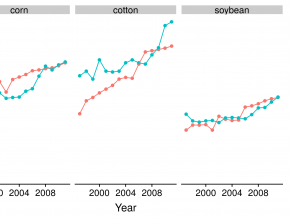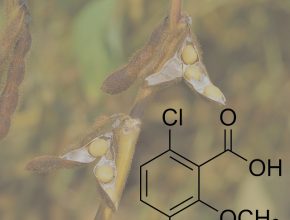
Study linking glyphosate to autism (in mice) actually supports the safety of glyphosate
A study published in the Proceedings of the National Academy of Sciences (PNAS) has both glyphosate and autism in the title, and so it is sure to re-ignite a firestorm around the world’s most widely used herbicide. The abstract of the article states that the authors “found ASD-like behavioral abnormalities in juvenile offspring after maternal exposure to high levels of formulated glyphosate.” [emphasis mine] One notable bit of information that is not in the title or the abstract is the …
Study linking glyphosate to autism (in mice) actually supports the safety of glyphosate Read More

